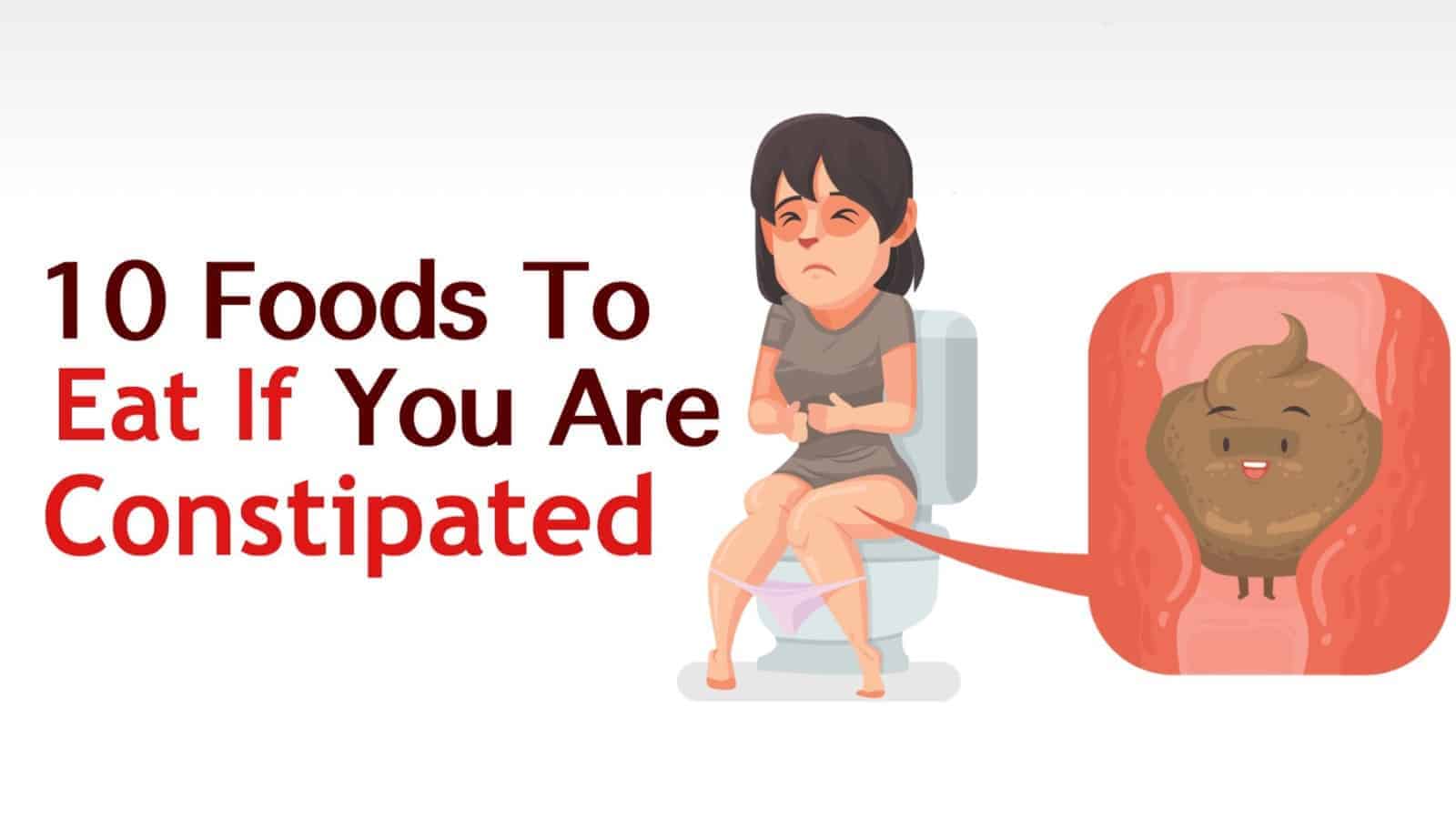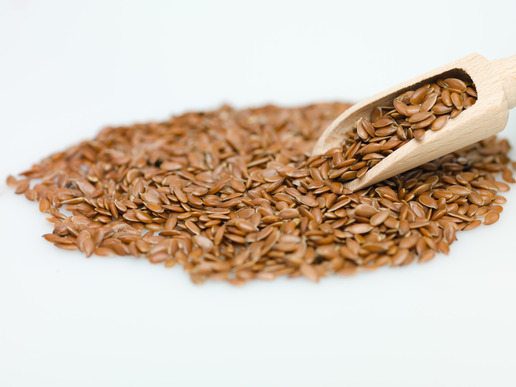Okay, so nobody is comfortable talking about bowel movements. Then again, nobody is pleased with being constipated either. We’re in the third camp: we want to help you avoid both!
Per MedicalNewsToday, “Constipation is a condition of the digestive system where an individual has hard feces that are difficult to expel.” This acute condition occurs when the colon absorbs water from the feces; something that the colon does until feces exit the bowels.
If feces remain in the colon too long, they will become hard and dry. Consequently, they may be very painful to expel.
Jordan Karlitz, M.D., a gastroenterologist and assistant clinical professor a Tulane University’s School of Medicine, says “The key is having enough fiber in your diet. You want a good balance of soluble and insoluble fiber as well as enough water intake.” Soluble fiber stimulates fecal water absorption, while insoluble fiber encourages healthy intestinal movement.
Karlitz says that of all the main culprits of constipation, a poor diet is number one.
With this in mind, here are 10 foods to eat if you are constipated:
1. Almonds
As you may know, almonds are packed with heart-healthy fats and various nutrients. They are also an excellent source of soluble fiber, with two handfuls containing about 3.5 grams.
2. Broccoli
Research shows that not eating enough fruits and vegetables makes one more susceptible to constipation. When battling constipation, broccoli is one of the healthier choices, with over 5 grams of insoluble fiber per cup.
3. Black beans
Black beans are one of the most abundant sources of soluble fiber around, containing over 15 grams in just 1 cup. These legumes are also an excellent source of protein. If you’re constipated, these tasty beans should be on your plate.
4. Ground flaxseed
Flaxseed is an incredibly versatile fiber source. Ground flaxseed can be added to pretty much any kind of food or beverage (they’re fantastic as a smoothie ingredient!) One tablespoon of the stuff contains almost 3 grams of soluble fiber.
5. High-fiber cereal
Breakfast time is an opportunity to attack constipation first thing in the morning. Skip the sugar-laden stuff and reach for cereal that contains at least 5 grams of fiber per serving. Dr. Karlitz recommends Fiber 1 and All Bran.
6. Oatmeal
Speaking of breakfast, oatmeal is an excellent choice because of its wide range of health benefits. In addition to being heart healthy, oatmeal helps balance cholesterol levels and eases digestion. A ¾ cup serving of oats contains 3 grams of soluble fiber.
7. Prunes or prune juice
Prunes contain a substance known as dihydrophenylisatin, a natural laxative that aids muscles contractions. The fruit also include sorbitol, a sugar alcohol that may also serve as a laxative. Individuals sensitive to sugar substitutes should refrain, however.
8. Yogurt
As a general rule, it’s smart to stay away from the dairy when constipated. However, yogurt is an exception to this rule due to its high concentration of healthy bacteria, i.e., probiotics. Try a low sugar kind, such as Greek yogurt.
9. Strawberries
The tiny seeds in strawberries are what gives them their high soluble fiber content. If you’re not a strawberry fan, a ripe banana will provide roughly the same amount.
10. Whole Wheat Bread
Whole wheat bread is low in fat and high in dietary fiber and complex carbs – nutritional attributes that may help ease constipation. The average slice of whole wheat contains, on average, twice the amount of dietary fiber than white.
Wonder why you’re battling constipation? Want to know what else you can do to ease your tummy troubles? Here are some quick facts about the condition to use as a reference:
– Constipation generally occurs because too much water is absorbed by the colon.
– Causes of constipation include aging, certain medications, and a sedentary lifestyle.
– Certain lifestyle changes, i.e., better diet and more exercise, usually results in fewer episodes of constipation.
– Use of laxatives should be reserved as a last resort (they may negatively alter bowel function and become addictive.)
– Some people may become constipated by consuming milk or other dairy products.
– Individuals with irritable bowel syndrome (IBS) usually experience constipation much more frequently than others.
– During pregnancy, women are more susceptible to constipation due to hormonal fluctuations and uterus compression.
– Metabolism slows as we age, in turn reducing intestinal activity. The result is more frequent bouts of constipation.


















